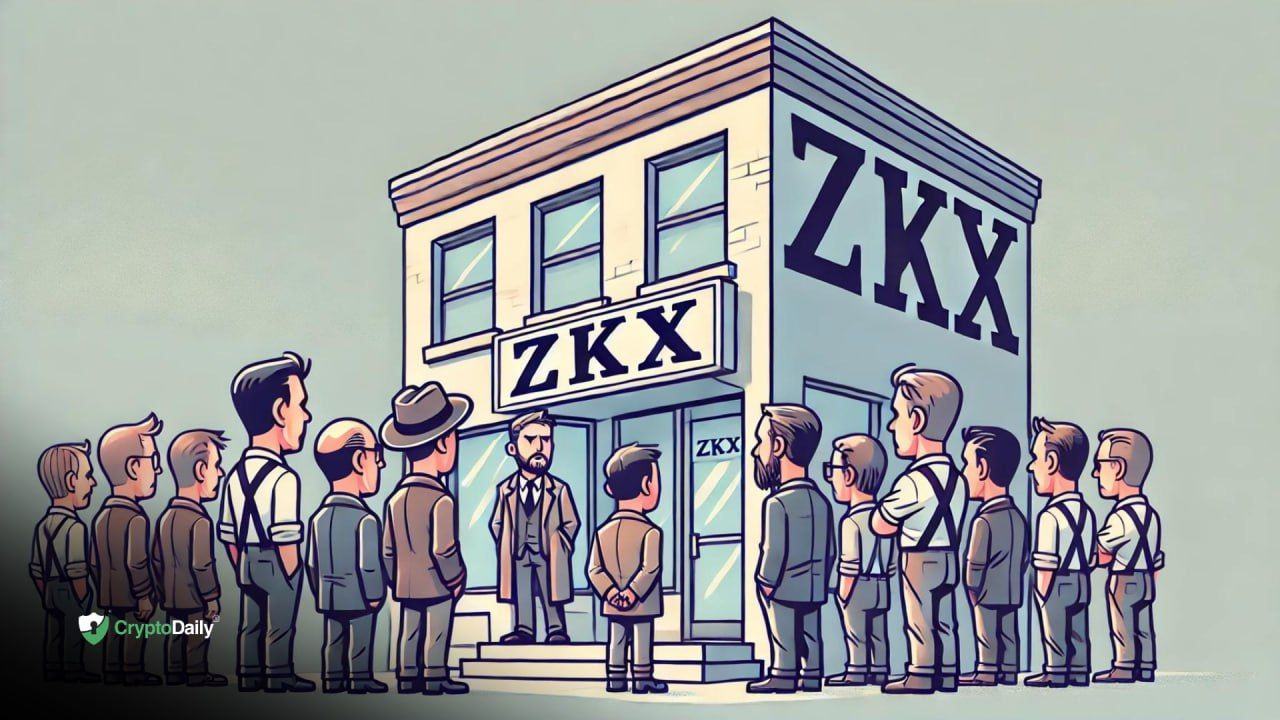The United States Securities and Exchange Commission has sued cryptocurrency exchange Kraken for operating as an unregistered securities exchange, broker, dealer, and clearing agency.
The regulatory body has also sued Coinbase and Binance, citing similar allegations and failures, something that both firms deny outright.
Kraken Sued By The SEC
The United States Securities and Exchange Commission has sued Kraken, one of the world’s largest cryptocurrency exchanges. The commission has alleged that Kraken has been illegally operating as a securities exchange without first registering with the regulator. The lawsuit was filed by the Securities and Exchange Commission (SEC) in a federal court in San Francisco and marks the latest move by SEC Chair Gary Gensler in his effort to bring crypto under the agency’s jurisdiction. The SEC has repeatedly argued that digital assets are investment contracts that are subject to federal securities laws.
The Securities and Exchange Commission, under Gary Gensler, has claimed that exchanges and digital tokens are subject to its jurisdiction. The collapse of FTX prompted the agency to launch multiple enforcement actions against players in the crypto space. Gensler has also stated that crypto is riddled with fraud and inappropriate conduct. In the case of Kraken, the SEC has identified several tokens that it says are securities, similar to what it did in cases against Binance and Coinbase.
“Since at least September 2018, Kraken has made hundreds of millions of dollars unlawfully facilitating the buying and selling of crypto asset securities […] Without registering with the SEC in any capacity, Kraken has simultaneously acted as a broker, dealer, exchange, and clearing agency with respect to these crypto asset securities.”
Charges Against Kraken
The SEC has also stated in its allegations that Kraken has provided a marketplace where the orders for securities from multiple buyers and sellers are consolidated through established, non-discretionary procedures, functioning as an exchange. It also added that Kraken conducted securities transactions on behalf of customers, acting as a broker. It also bought and sold securities for its own account, functioning as a dealer.
The SEC also alleged that Kraken mishandled customer information, alleging that the exchange’s business practices and internal controls were deficient. This, according to the SEC, led to a mix-up of $33 billion in customer assets with Kraken’s own assets, resulting in a significant risk of loss for customers. The regulator also claimed Kraken jeopardized its customers’ personal and financial information thanks to its business practices.
“Kraken commingles its customers’ money with its own, including paying operational expenses directly from accounts that hold customer cash […] Kraken also allegedly commingles its customers’ crypto assets with its own, creating what its own auditor had identified as “a significant risk of loss” to its customers.”
Kraken Plans To Defend Itself
Kraken has vowed to defend itself against the action by the SEC, adding that it is Congress that should decide how to regulate crypto exchanges while calling the SEC’s view on digital assets “incorrect as a matter of law, false as a matter of fact, and disastrous as a matter of policy.” The exchange also assured its users that the lawsuit would not impact users or exchange operations.
Earlier this year, Kraken had committed to stop marketing or selling securities through staking services and programs and pay a penalty of $30 million. The exchange stated in a post on X that it disagreed with the SEC and would “vigorously defend” its position. The Securities and Exchange Commission had taken a similar stand against Coinbase and Binance. In the case of Binance, the commission accused Binance of commingling customer funds, an accusation denied by Binance.
Disclaimer: This article is provided for informational purposes only. It is not offered or intended to be used as legal, tax, investment, financial, or other advice.




